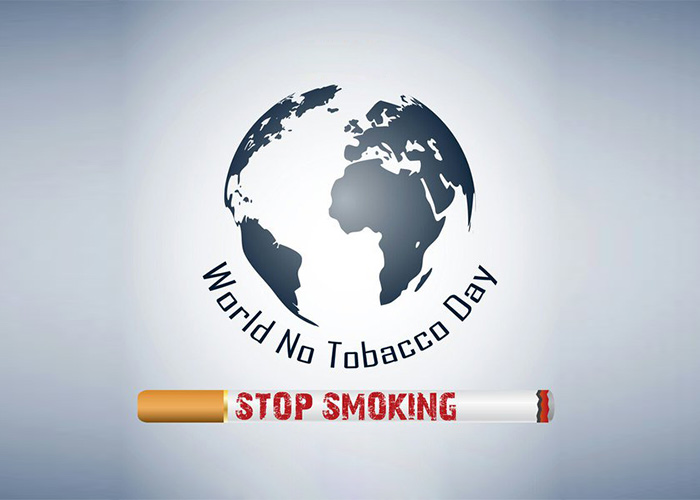The Federal Government has been urged to de-normalize the Corporate Social Responsibility (CSR) activities of the tobacco industry, as it is exploitative.
This is contained in the Global Tobacco Industry Interference Index 2021 Report released by the Global Center for Good Governance in Tobacco Control (GGTC) and which reinforces Corporate Accountability and Public Participation Africa (CAPPA) call on the Federal Government.
- Anti-tobacco campaigns call to end smoking scenes in movies
- PODCAST: A Deeper Look At How Some Nigerian Elites ‘Siphon’, Hide Loots
The Global Interference Index report was released on November 2 and contains findings from investigations, carried out all through the year by GGTC and its networks spread across the world, on how the tobacco industry has conducted itself.
A spokesman of CAPPA, Dennis Da-ala Mirilla, said this year’s index pays attention to the various ways tobacco companies have tried to influence policies and mandates aimed at regulating their products.
He said that the index reveals detail of how tobacco companies exploited the COVID-19 pandemic to create CSR activities that give them unnecessary and alarming access to senior officials.
“It also reveals a decrease in the transparency and accountability of the industry. It shows a web of interactions between governments and the industry, among other things.
“This year’s index puts Brunei Darussalam at the top of the rank of countries with the least influence from the tobacco industry at 15, leaving New Zealand behind at 30. At the bottom of the list is Switzerland at 92 and Dominican Republic at 96, all on a scale of 1 to 100.
“Nigeria is in the median spot at 53. Nigeria also seats at number 6 on a scale of 1 to 10, of countries with a lack of transparency from the tobacco industry. On a scale of 1 to 20 of countries the tobacco industry interferes in policy development, Nigeria is number 11, with New Zealand at the top 1 spot, and Japan at the bottom with 19,” he said.
He said that in Nigeria, there is evidence of unnecessary interaction between the tobacco industry and government, most especially in the agriculture sector.
He said, “The industry is also part of some committees set up by government which makes interactions with public officials plausible.”
At the launch of the Nigeria report by CAPPA, journalists were informed that the tobacco industry in Nigeria still engage in so-called CSR activities in various sectors with many of such engagements publicized on social media, especially on Facebook and Twitter.
He said that the British American Tobacco Nigeria Foundation (BATNF) is particularly very visible and loud in its sponsorship of agricultural initiatives that have the endorsement of state governments across the country.
“In 2021, BATNF even partnered with the National Youth Service Corps (NYSC), a federal government youth scheme to supposedly empower young agriculture entrepreneurs financially. To qualify for the scheme, applicants must be young Nigerians with viable agri-business model, and they must demonstrate strong passion for agriculture.
“The Global Index report recommends that governments must require greater transparency for increased accountability. It urges governments to reject non-binding agreements with the tobacco industry, and that they must stop giving incentives to the industry and many other recommendations,” Mirilla said.

 Join Daily Trust WhatsApp Community For Quick Access To News and Happenings Around You.
Join Daily Trust WhatsApp Community For Quick Access To News and Happenings Around You.

